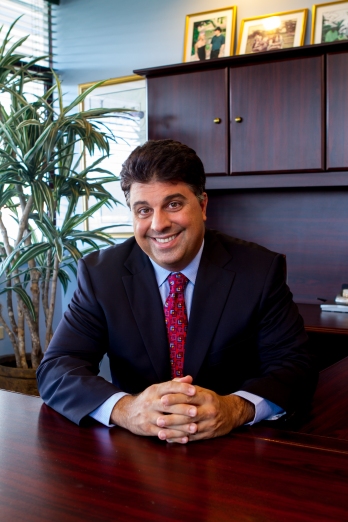Member of the Past Presidents Advisory Committee of the St. Ann Chamber of Commerce Joe Issa is advocating for children to be taught life skills at an early age, contending this could help them to cope with their challenges later in life.
“I think children should be taught the basics such as how to count and what change to expect when they go to the shop, write a proper letter, share what they have with others, cook food and wash the dishes, wash clothes, stitch and iron them, clean their room and make up the bed.
“They must also learn how to use basic tools like the hammer and put up pictures on the wall, change their bicycle tyres and brakes, and change the light bulb. Most importantly, they must learn life-saving skills like how to swim and have respect for the sea, treat a wound and perform CPR,” said Issa, in an interview.
In extolling the virtues of early life skill learning, Issa argues that “the school leavers who understand these will be better able to deal with their personal challenges later in life, especially at college or university when they will be required to balance varying demands, such as doing the house chores, dressing smartly, studying, and submitting assignments on time.”
Issa adds: “Similarly, the graduate who is armed with these life skills is better poised to take advantage of employment opportunities wherever they are, locally or internationally.”
In lamenting the lack of knowledge of life skills by many of the youth today, given the potential contribution these can make to their wholesome development, Issa said “people may not realize this, but it’s an awesome empowerment to be able to help yourself in so many ways and not embarrass yourself…It can boost your adaptive capacity and confidence and enable you to make the right choice of friends, university and career.”
Stating that there are many life skills which must be taught to both kids and parents, Issa cites first aid, of which, according to a survey, a quarter of parents in the US have no knowledge whatsoever, even as many children die in accidents in the home each year.
According to the UK Mirror, “a new study of 2,000 parents reveals millions of children’s lives are at risk because their mums and dads don’t have the appropriate life-saving skills.”
“Show them how to use tools safely, such as screwdrivers and hammers and teach them key facts about electricity and water supplies…Do car maintenance. Knowing how to change a wheel and check the oil levels will help keep them safe and save them time and money,” the paper advocates.
Wikipedia describes Life skills as “abilities for adaptive and positive behaviour that enable humans to deal effectively with the demands and challenges of everyday life. They are a set of human skills acquired via teaching or direct experience that are used to handle problems and questions commonly encountered in daily human life.”
The Macmillan dictionary says the term “life skills”’ refers to a broad range of soft skills which often vary depending on individual situations. It said for kids, they could include numeric literacy and sharing with others, while for university students, “knowing how to manage different workloads and meet deadlines is essential.”




 been hailed a strategic one with elements of sustainability, by addressing the disadvantages early and giving affected children a fighting chance to become future scholarship candidates.
been hailed a strategic one with elements of sustainability, by addressing the disadvantages early and giving affected children a fighting chance to become future scholarship candidates.


